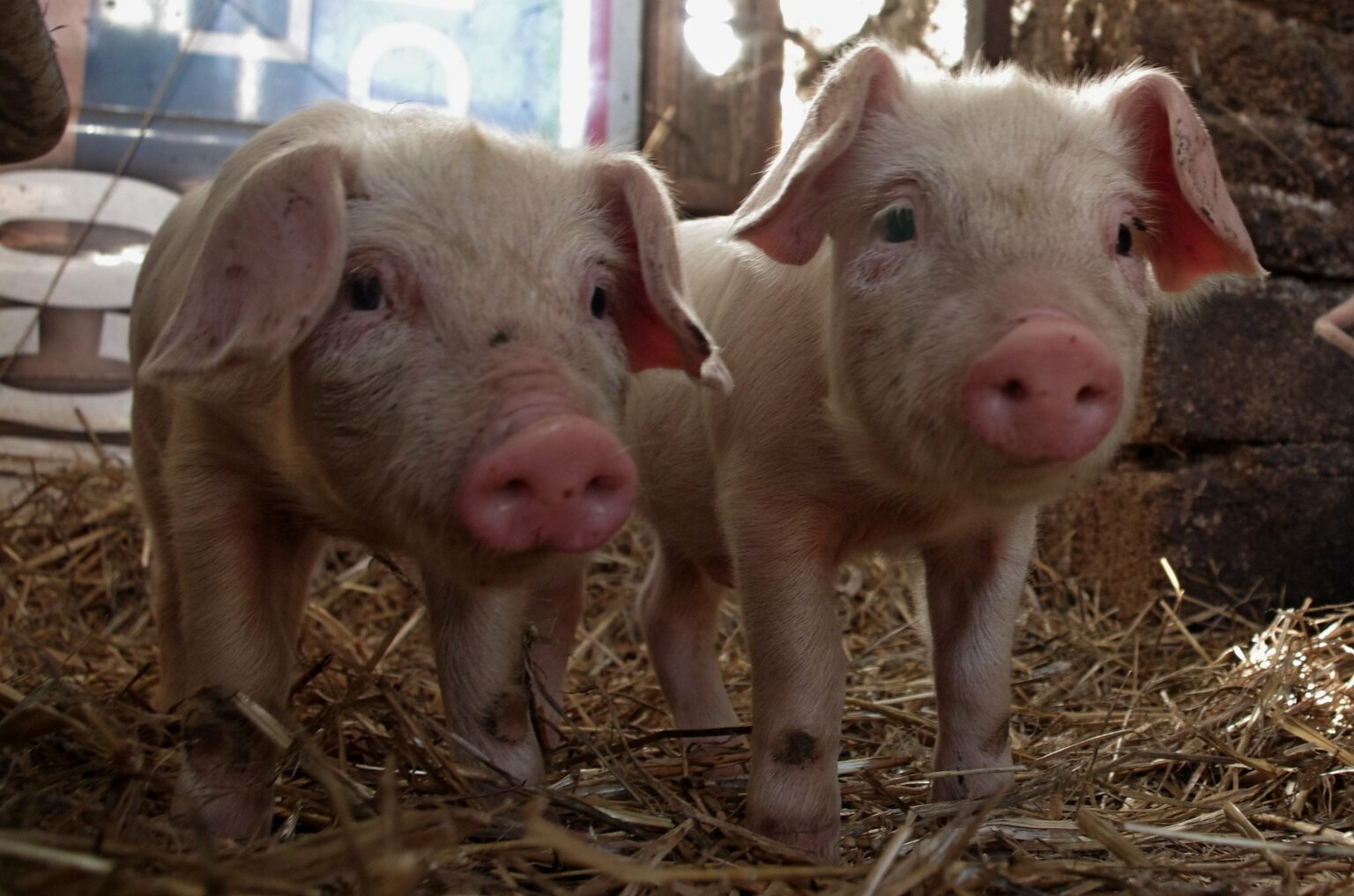- About
- Topics
- Picks
- Audio
- Story
- In-Depth
- Opinion
- News
- Donate
- Signup for our newsletterOur Editors' Best Picks.Send
Read, Debate: Engage.
| topic: | Animal Cruelty |
|---|---|
| located: | South Africa |
| editor: | Bob Koigi |
The global cattle shipping industry has made headlines for its mistreatment of animals.
A recent case involving a Kuwaiti ship docked in Cape Town, South Africa, carrying 19,000 live cattle from Brazil headed to Iraq, spurred outrage and protests against animal cruelty, with animal rights groups and activists calling for a total ban on live animal exports.
Images of what has now been christened the “Death Ship” leaked to the media showed distressed animals that had been confined in the ship for eight days, lying in their faeces and urine.
The Society for the Prevention of Cruelty to Animals said that veterinarians who were called to assess the cows’ health situation found several of them dead and others injured and were forced to euthanise others.
Earlier this month, a ship from Australia with over 16,000 cattle and sheep was stranded at sea for well over a month as attacks by Houthi rebels in the Red Sea escalated. The ship had to make a return to its origin.
Australia is one of the world’s largest live cattle and sheep exporters.
The Australian RSPCA, an animal welfare charity, has opposed live animal exports entirely, citing that between 2000 and 2012, over 550,000 animals perished during their journeys to various destinations.
In the EU, more than eight million farm animals are transported long distances annually within the bloc, with most journeys taking over three days. More than three million sheep, cattle and pigs are exported from the bloc to other regions, including North Africa and the Middle East.
Oftentimes, the modes of transportation of these animals are a gross violation and breach of the World Organisation for Animal Health's international standards, with the animals exposed to inhumane conditions, including heat stress and poor ventilation.
While countries such as South Africa and the USA have shown a commitment to animal rights through legislation and policy, this does not necessarily translate well in practice.
For starters, countries should enact legislation backed by a strong political will to end the cruelty of animals. This should be bolstered by international cooperation and treaties, particularly for matters of ambiguous responsibility, such as trade. Ideally, we would see a global commitment to ban live exports outright.
Image by Kinsey W.

